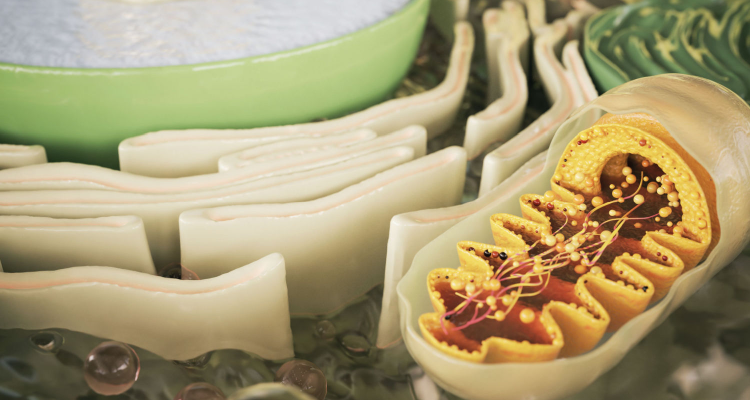
Project
Tracking down the bacterial ancestor of mitochondria
Mitochondria are a key feature of eukaryotic cells. The bacteria-derived organelles likely played an important role in early eukaryotic evolution. In this project we aim to identify novel proteobacterial lineages that could shed light on the origin of mitochondria.
Background
The origin of eukaryotes was one of the most enigmatic evolutionary events in the history of life on Earth. A key event in the transition from prokaryotes to eukaryotes was likely the uptake of an endosymbiont, which later evolved into the mitochondria. While recent developments have revealed more about close prokaryotic relatives of the host and endosymbiont, the exact nature of both partners and their interaction remains elusive.
The affiliation of mitochondria with alphaproteobacteria has been recognized for multiple decades. Recent studies point to a deep origin, with mitochondria branching off before the alphaproteobacterial diversification. This phylogenetic position warrants a quest for closer extant relatives that could illuminate the nature of the mitochondrial ancestor that participated in the endosymbiosis.
Using cultivation-independent methods, numerous genomes have become available the last few years, representing new lineages. Potentially, novel deep (alpha)proteobacterial groups await recognition and characterization.
Aim
The aim of this project is to identify genomes from new (alpha)proteobacterial clades and infer their phylogenetic relation to known alphaproteobacteria and mitochondria.
Techniques
Bioinformatics techniques, such as sequence similarity searches and phylogenetics. These techniques require programming and using the Unix command line.
BSc/MSc theses
Are you a BSc or MSc student interested in working on this bioinformatics project? Please contact Julian Vosseberg. Some prior experience with programming (e.g., Python or R) is appreciated.